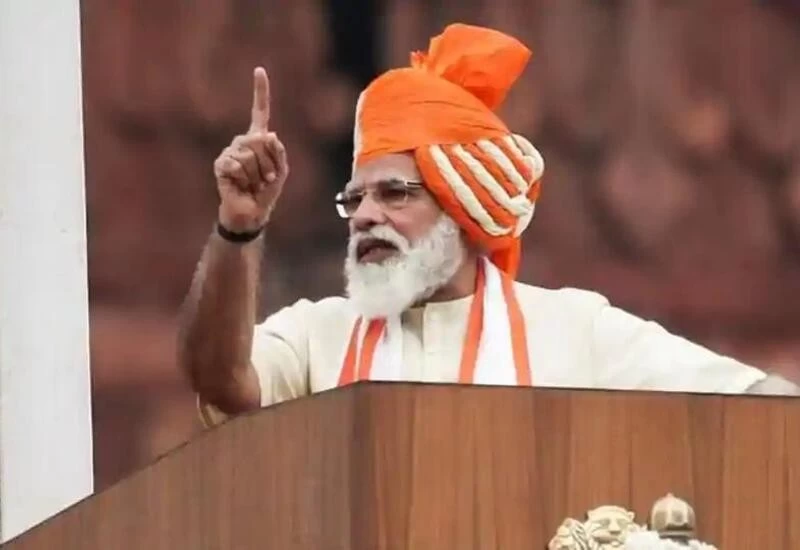New Delhi: The central government, in a reply to an application under the Right To Information (RTI) act on 24 December, said that PM-CARES fund is “owned by, controlled by and established by the Government of India”.
In its response the office of the Commissioner of Income Tax (Exemption) said that “PM Cares Fund has been registered under the Registration Act, 1908 and being a body owned by, controlled by and established by the Government of India,” but that it does not meet the definition of a so-called “public authority.”
In an earlier reply, the government had said the fund was not owned, controlled or “substantially financed by any government”. The fund was established to collect donations to raise funds for emergencies (beyond natural disasters), such as the Covid-19 pandemic. The Prime Minister is Chairperson (ex-officio) of the PM-CARES Fund . All contributions towards the PM CARES Fund are 100% exempt from Income Tax.
The trust deed of the fund issued on March 17 had stated that the fund isn’t controlled by the government. “The trust is neither intended to be or is in fact owned, controlled or substantially financed by any government or any instrumentality of the government,” the deed said.
As per the PM CARES website, ₹3,076.62 crores were collected by the fund in 2019-20.
The RTI reply, however, maintains that the fund is beyond the purview of the Right to Information Act as it is not a “public authority”.
“ I have no doubts that the PM CARES Fund” registered as a ‘Public Charitable Trust’, akin to an NGO, ought to be transparent as it has been provided with many government services and facilities,” said RTI activist Commodore Lokesh Batra (retd.).
HT reached out to the officer on special duty to the PM by email but did not receive a response immediately. The government has said that divulging details about the fund is not viable as it is “personal in nature”, not related to any “public authority or interest” and would cause an “unwarranted invasion of privacy”.


